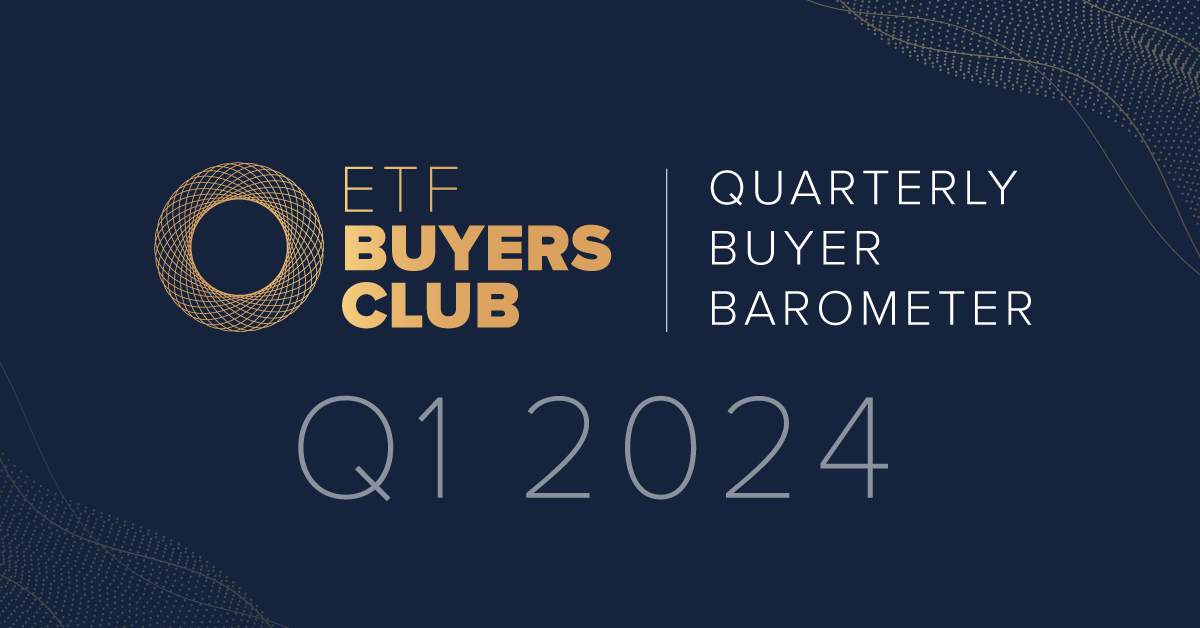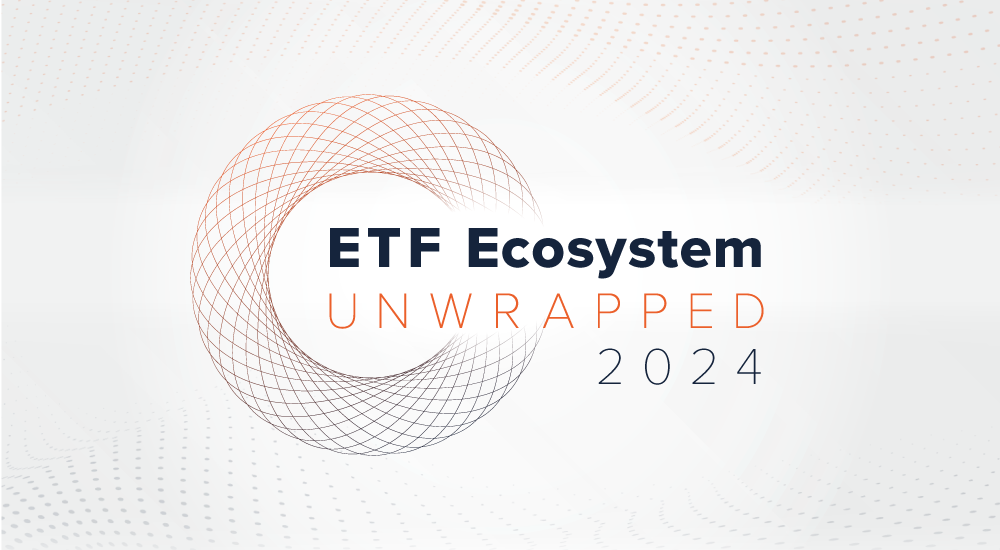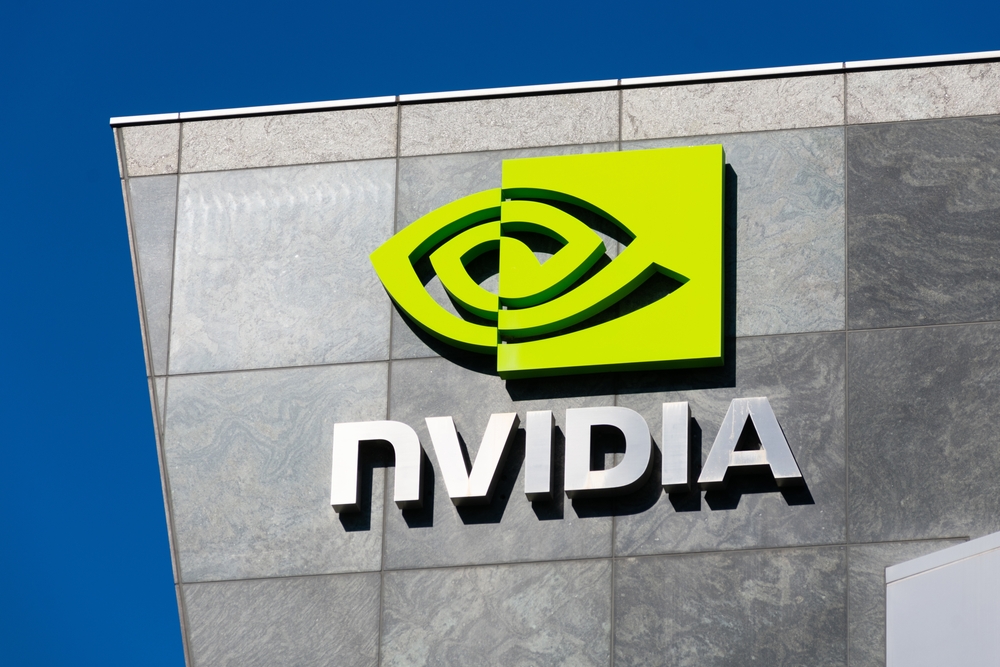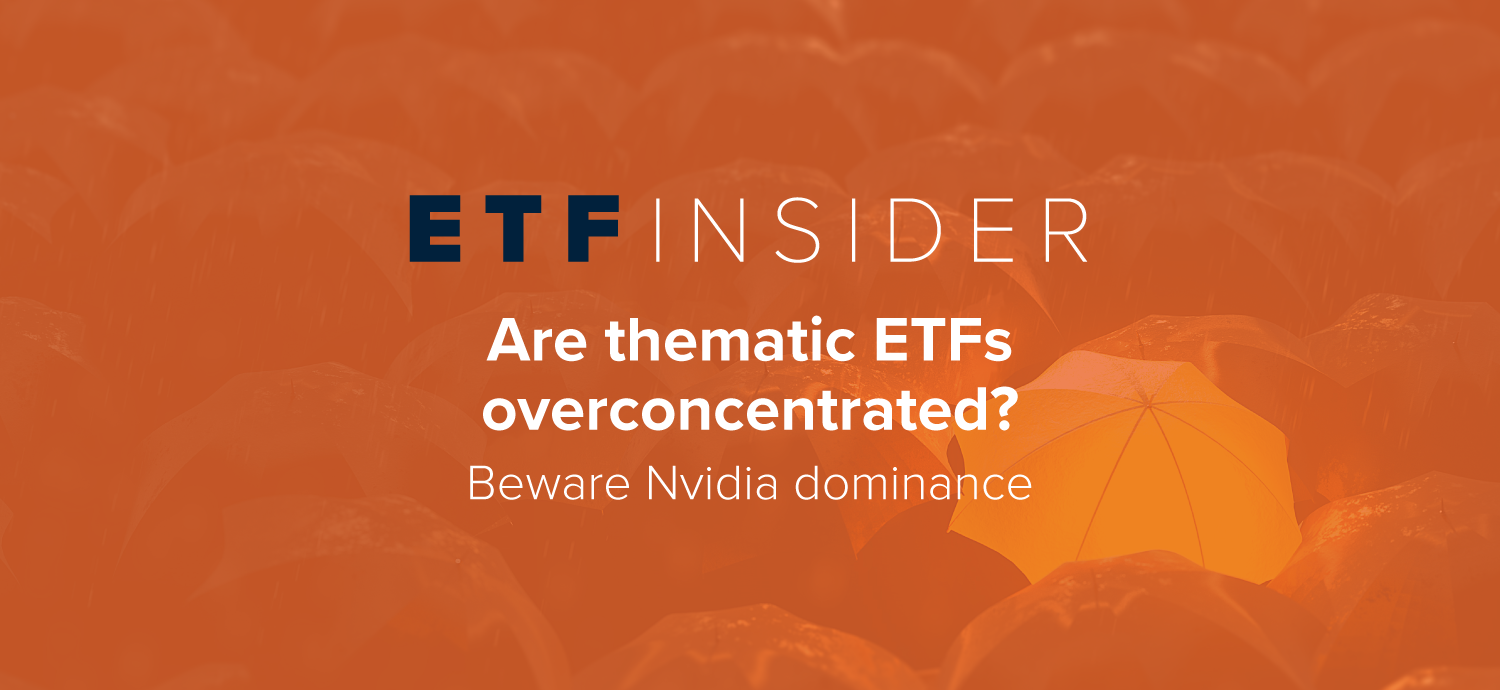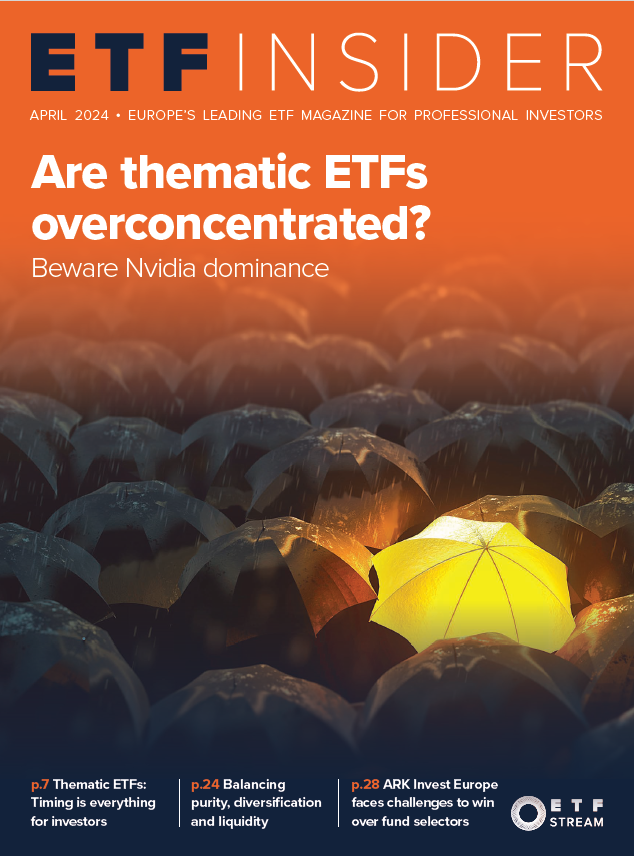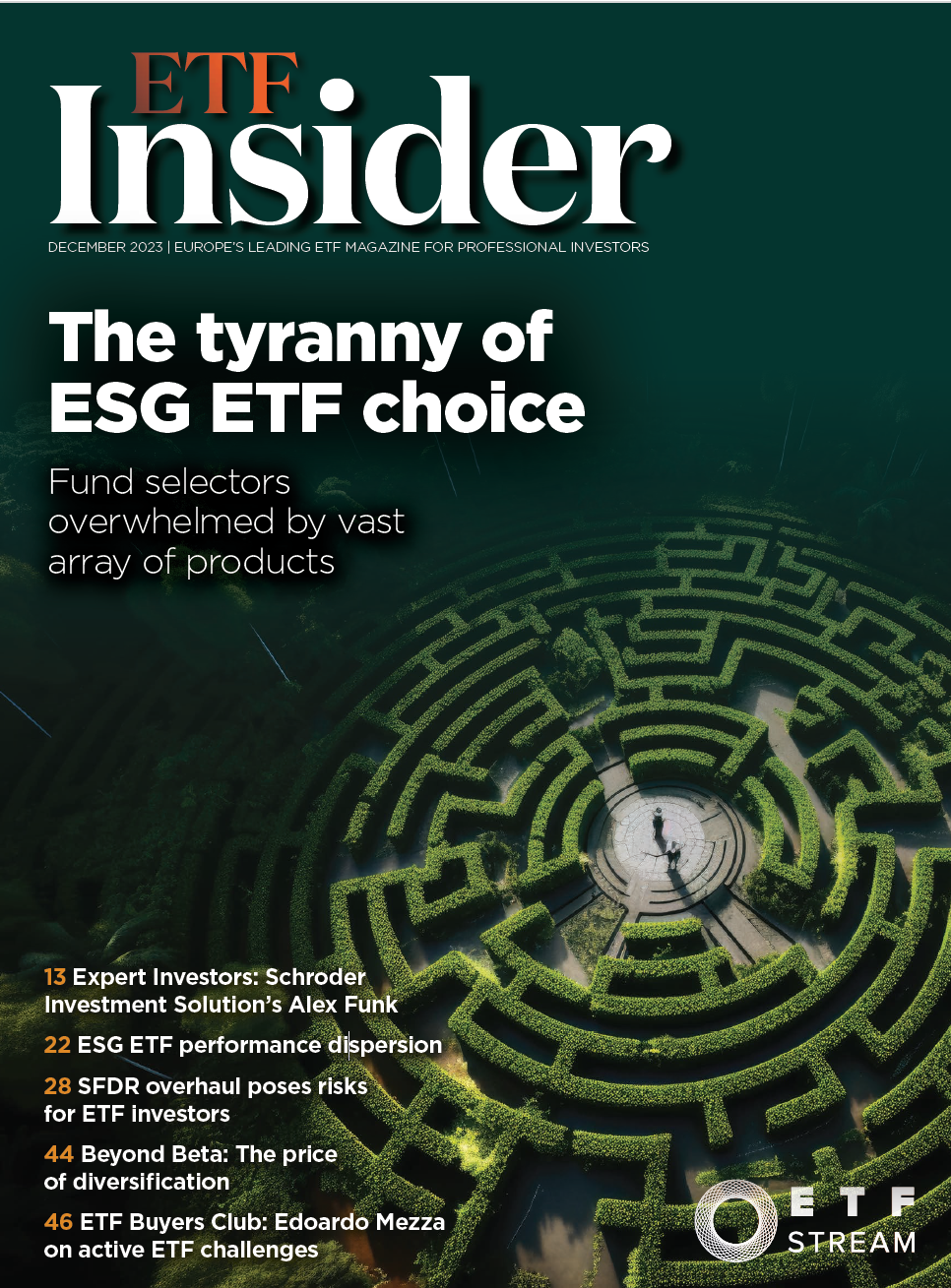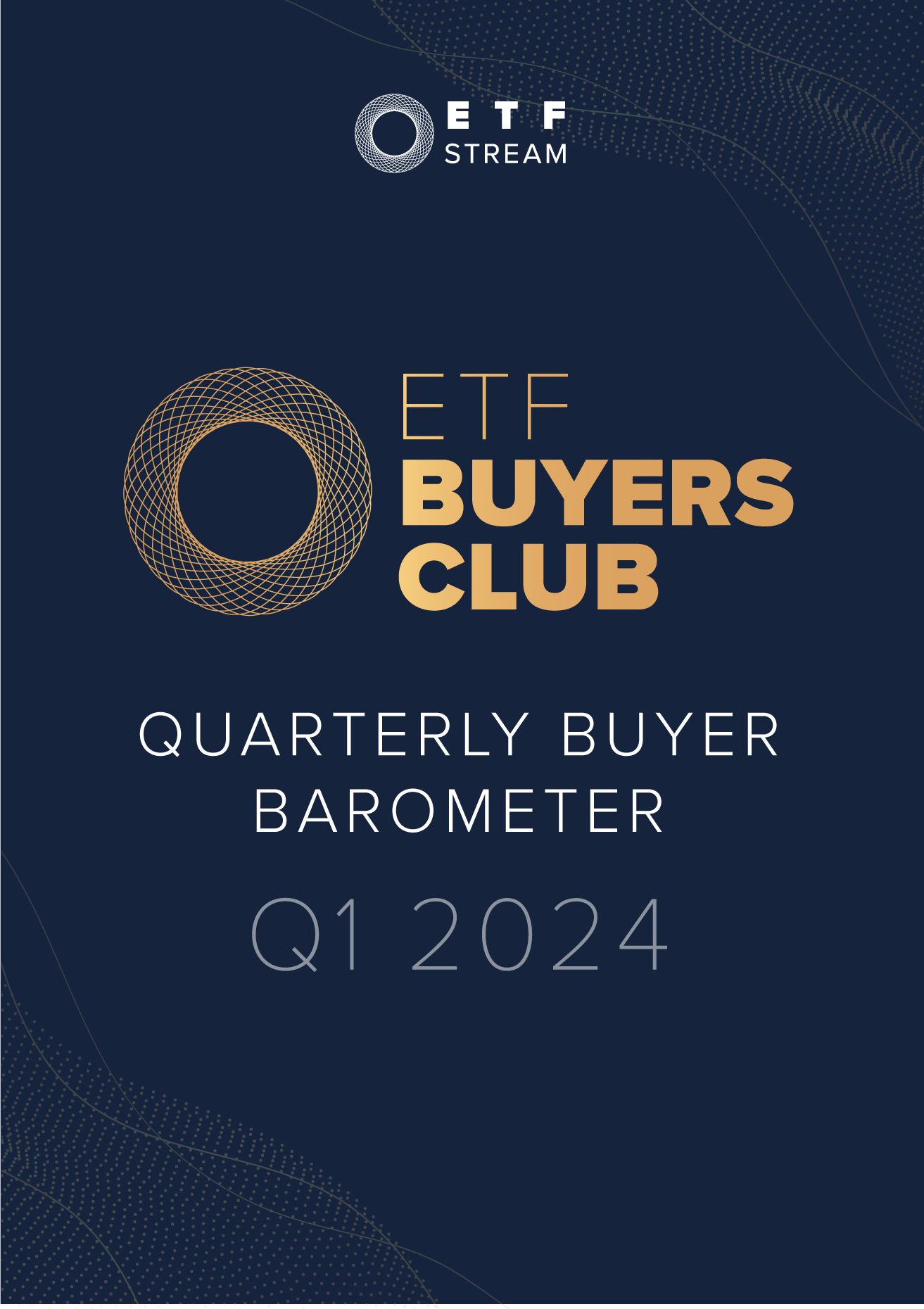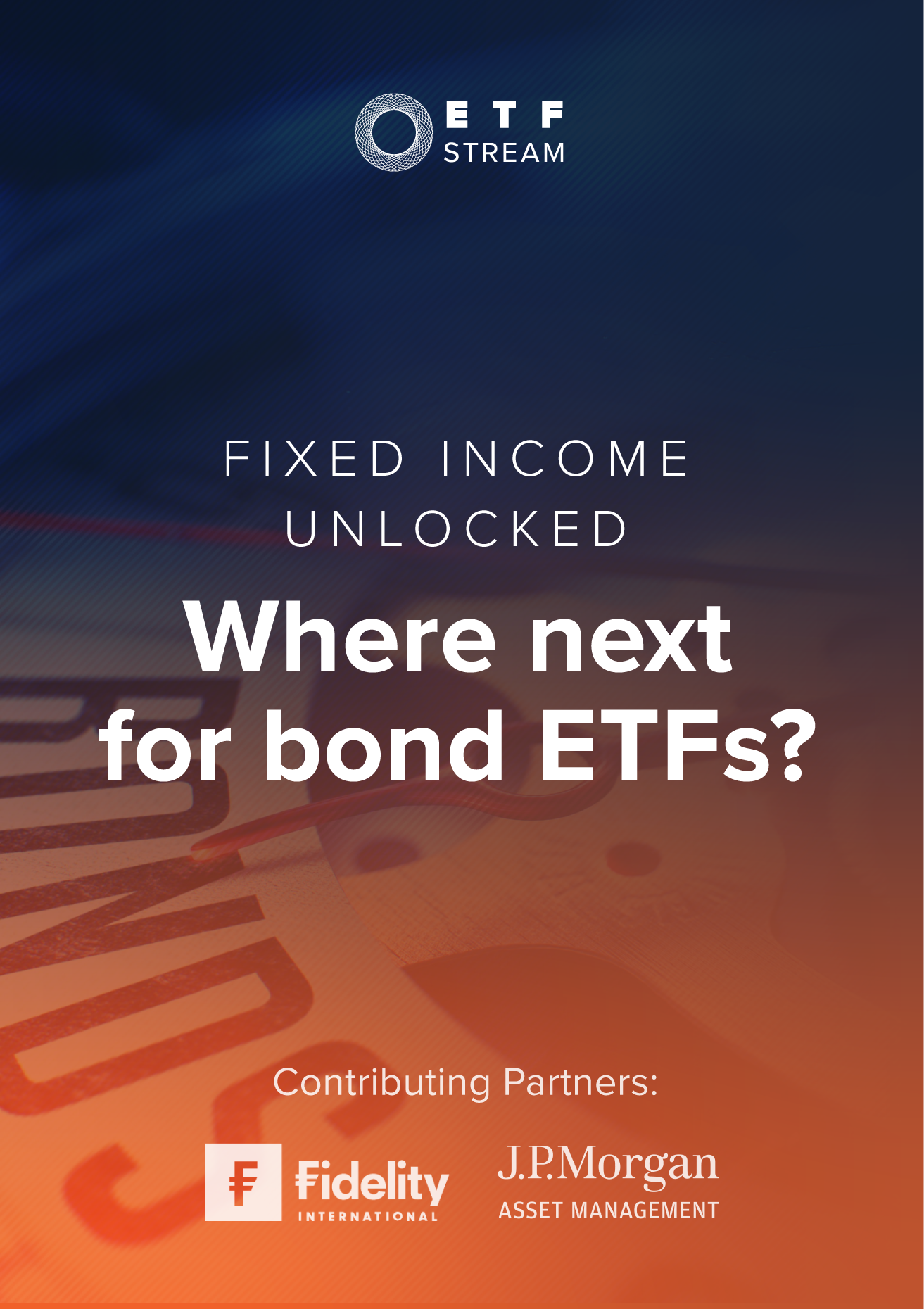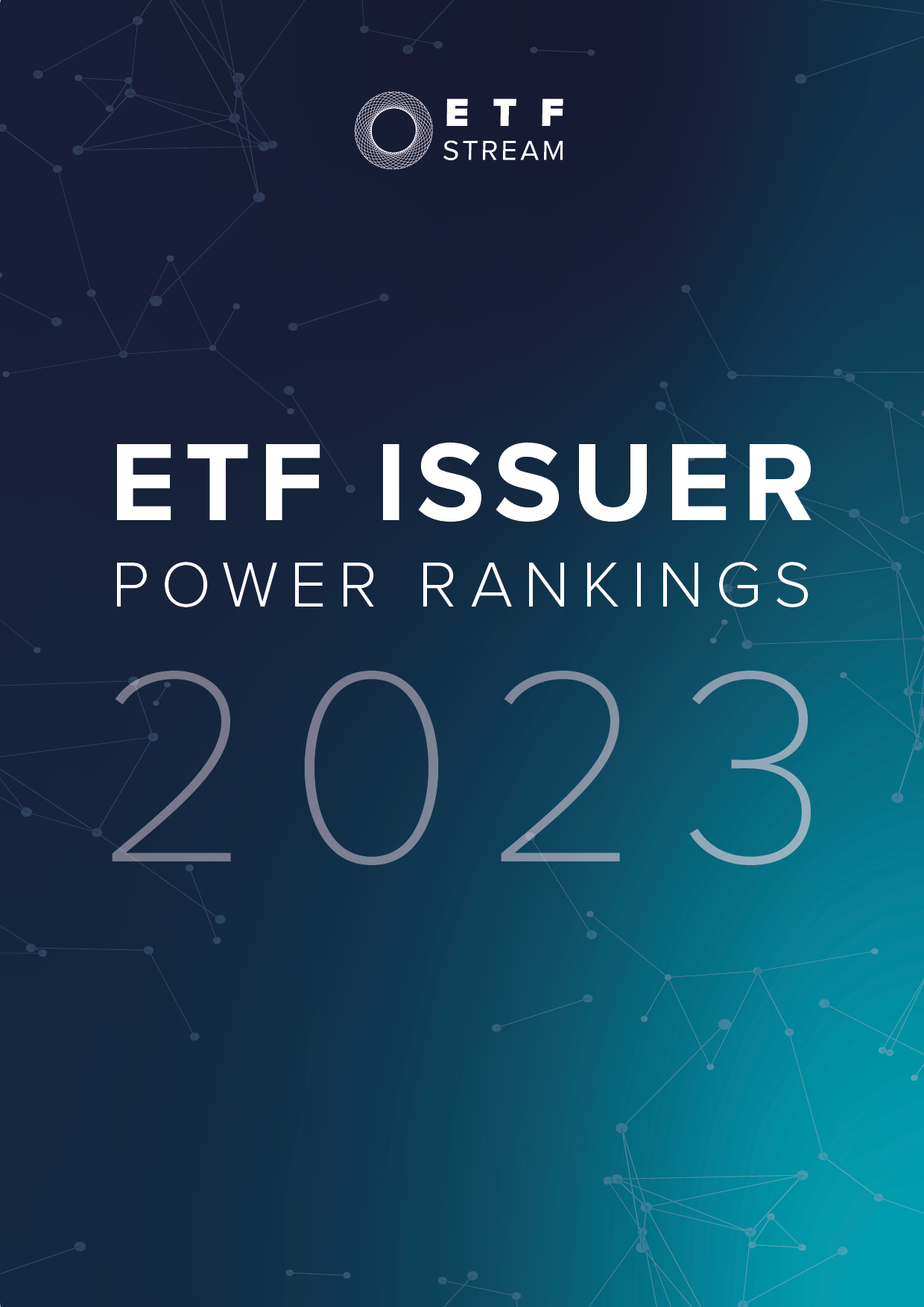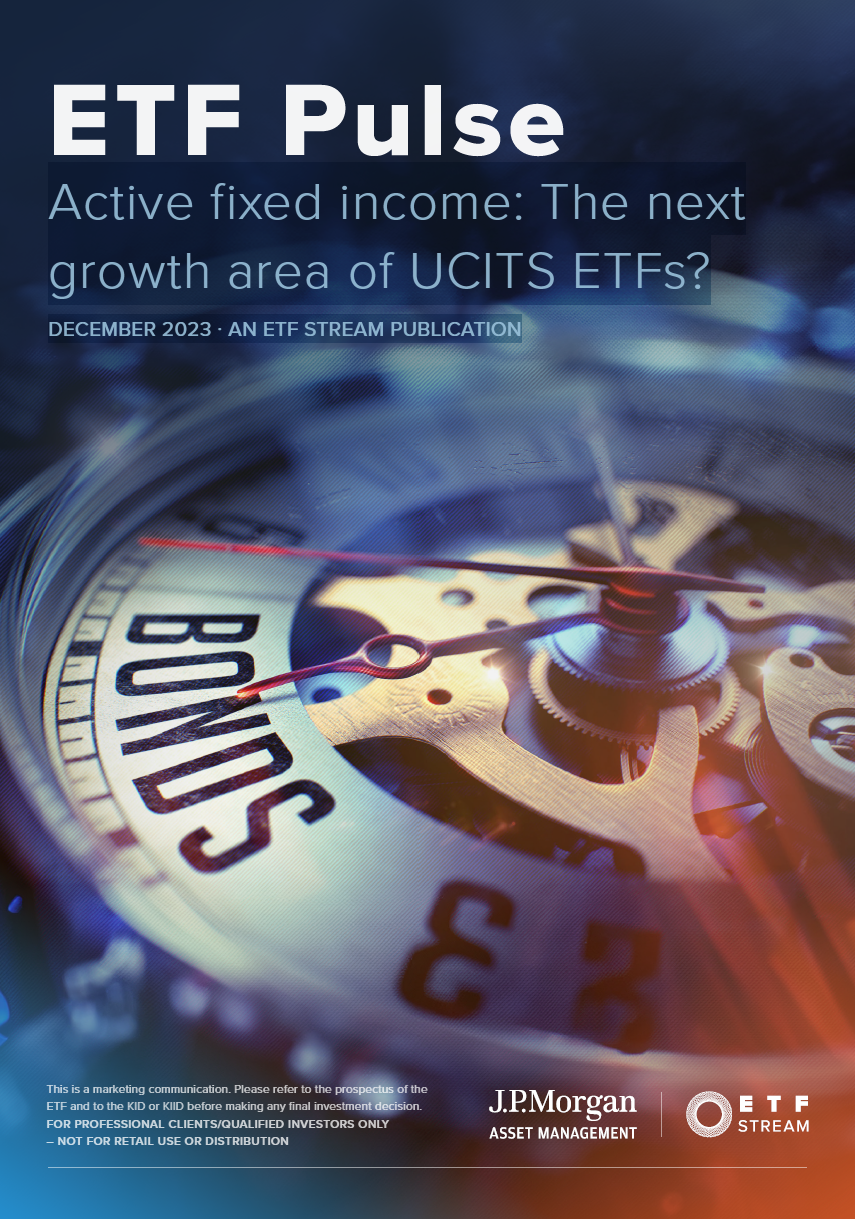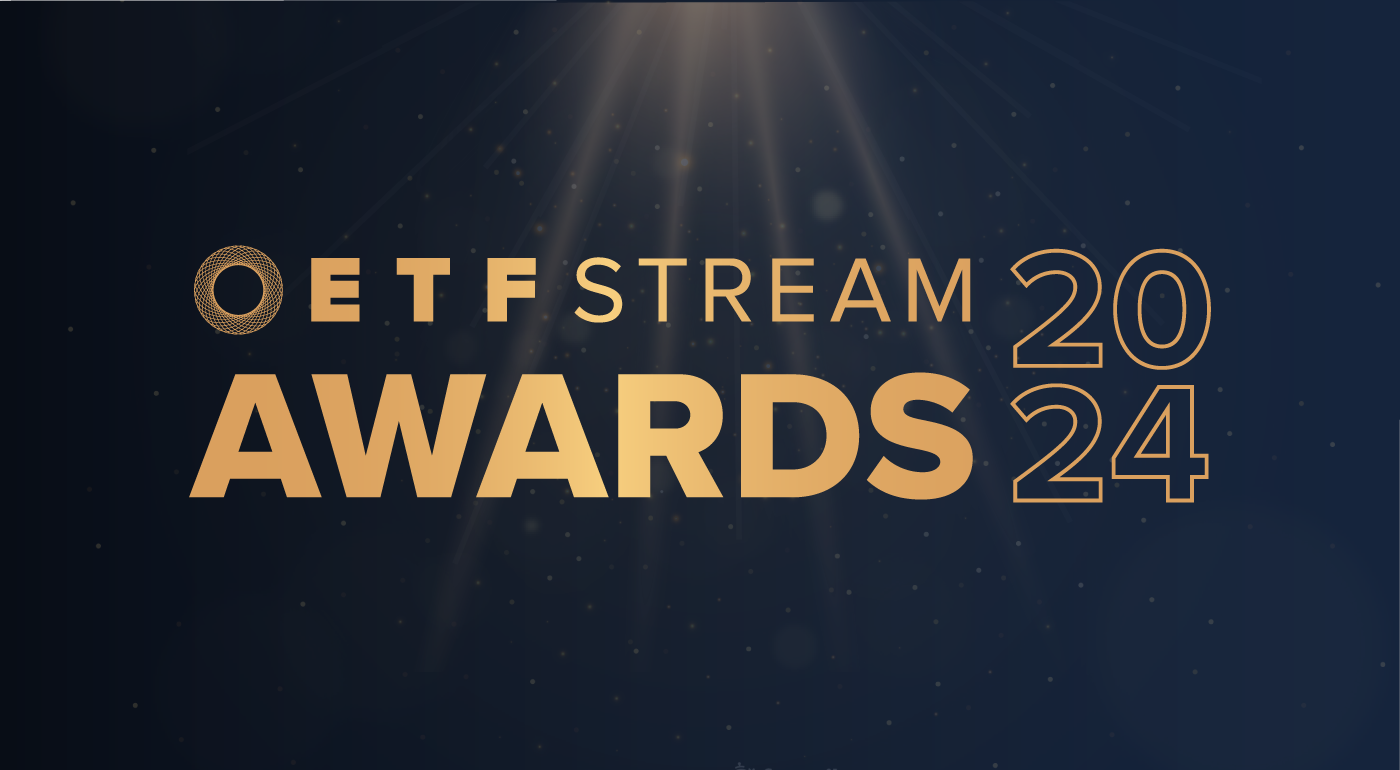Welcome to ETF Stream
PARTNER INSIGHTS
EDITOR’S PICKS
ETF CATEGORIES
PUBLICATIONS
EVENTS
MOST READ
1
New Listing
BlackRock expands fixed-maturity range with US Treasury and Italian BTP ETFs
2
Interview
ARK Invest Europe: ‘10 ETFs is plenty’
3
Industry Updates
BlackRock world ETF flash crashes on Deutsche Boerse as liquidity vanishes
4
New Listing
ARK Invest Europe launches innovation, genomics and AI ETFs
5
Industry Updates
BNP Paribas AM CEO warns of passive growth’s ‘unintended consequences’
MOST READ
1
New Listing
BlackRock expands fixed-maturity range with US Treasury and Italian BTP ETFs
2
Interview
ARK Invest Europe: ‘10 ETFs is plenty’
3
Industry Updates
BlackRock world ETF flash crashes on Deutsche Boerse as liquidity vanishes
4
New Listing
ARK Invest Europe launches innovation, genomics and AI ETFs
5
Industry Updates
